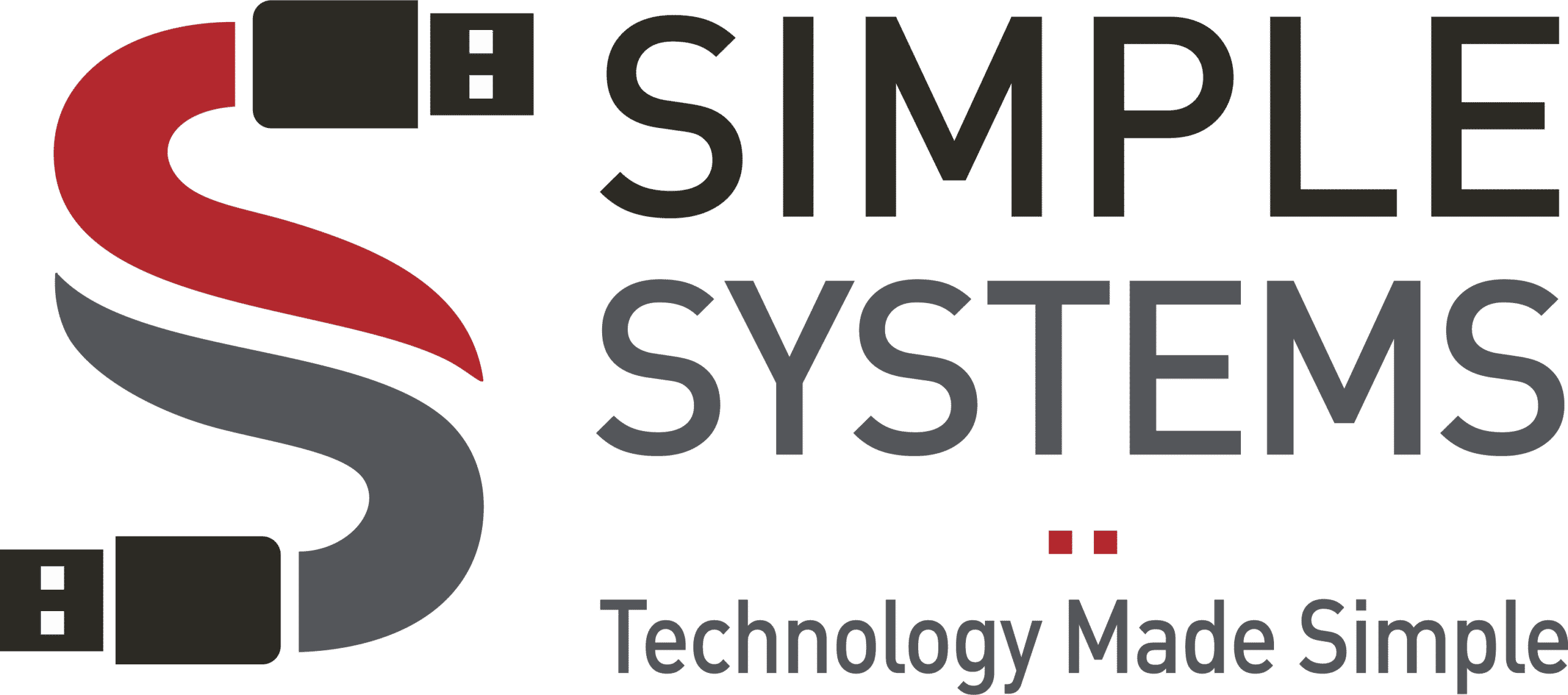The International Traffic in Arms Regulations (ITAR) is a set of regulations that control the export and import of defense-related materials, services, and technologies. These regulations were established by the United States Department of State and are designed to protect national security interests and prevent the proliferation of weapons and sensitive technologies.
As technology continues to advance at a rapid pace, compliance with ITAR becomes increasingly important for companies dealing with export-controlled technologies. In this article, we will discuss the impact of ITAR compliance on these technologies and why companies must stay up-to-date with its regulations.
What Is ITAR Compliance?
Compliance with ITAR refers to the adherence to the regulations set forth by the Department of State. These regulations dictate what is considered an export, who can receive exports, and what information must be provided when exporting defense-related materials or technologies.
Some of the key components of compliance include:
- Registration Requirements: Companies dealing with export-controlled technologies must register with the Department of State and obtain an ITAR registration number.
- Licensing Procedures: To export these technologies, companies must obtain a license from the Department of State. This involves providing detailed information about the technology, its intended use, and the end-user.
- Technology Transfer Restrictions: Under ITAR, certain technologies are deemed too sensitive to be transferred or shared with foreign individuals or entities.
- Recordkeeping and Reporting Obligations: Companies must maintain accurate records of all exports and activities related to export-controlled technologies, as well as report any changes or incidents that may affect compliance.
Export-Controlled Technologies
Export-controlled technologies refer to any technology, product, or service that is regulated by ITAR. These can range from military equipment and weapons to more advanced technologies such as satellites, encryption software, and unmanned aerial vehicles (UAVs).
How ITAR Compliance Impacts Export-Controlled Technologies
These regulations are in place to help and protect export-controlled technologies by doing the following:
Ensuring National Security
The primary purpose of ITAR is to protect national security interests by preventing the unauthorized transfer or sharing of sensitive technologies. By complying with these regulations, companies contribute to safeguarding classified defense-related information and technologies.
Controlling Technology Transfer
Compliance also helps control the transfer of advanced technologies to foreign entities. This is crucial in balancing the need for international collaboration with security considerations and preventing the proliferation of weapons.
Securing Defense Supply Chains
ITAR compliance requirements monitor and regulate the flow of crucial defense components. This applies to suppliers and subcontractors working with export-controlled technologies. All parties in the supply chain follow strict guidelines to minimize unauthorized access to key defense system elements.
Promoting Research and Innovation
Despite ITAR restrictions, compliance can foster responsible innovation in defense. By following procedures and obtaining licenses, companies can legally collaborate with foreign partners, access advanced technologies, and safeguard national security.
Best Practices for ITAR Compliance
To ensure full compliance with ITAR, companies dealing with export-controlled technologies should follow these best practices:
- Establish a comprehensive compliance program that includes policies, procedures, and training for employees.
- Conduct regular audits to ensure compliance with ITAR regulations.
- Implement a thorough employee training program on compliance and the importance of safeguarding sensitive technologies.
- Maintain accurate and detailed records of all activities related to export-controlled technologies.
ITAR compliance is essential for companies dealing with export-controlled technologies. By following best practices and staying up-to-date with regulations, companies can ensure they are compliant and contribute to a safer global community.
Simple Systems Will Aid You In Compliance
Complying with ITAR regulations can be complex and challenging, especially for small businesses or startups. That’s where Simple Systems can help. Our software solutions for manufacturers are designed to streamline and simplify the compliance process, allowing you to focus on your core operations while ensuring full compliance. Contact us today to learn more about how our systems can assist your company in achieving compliance.


